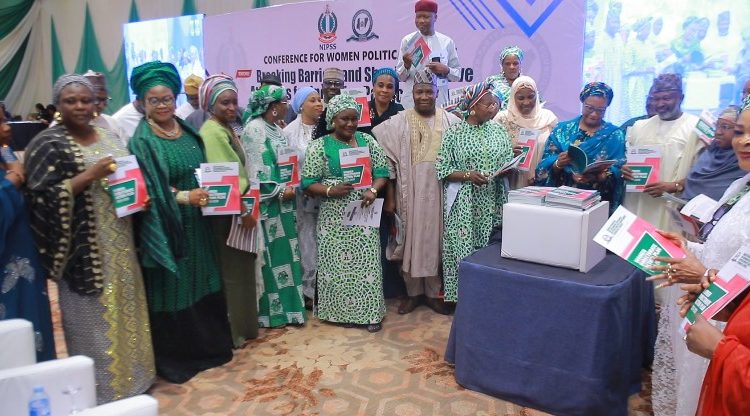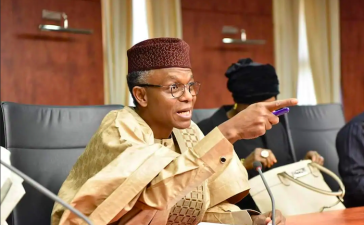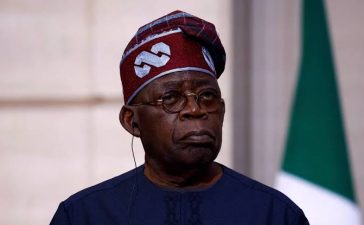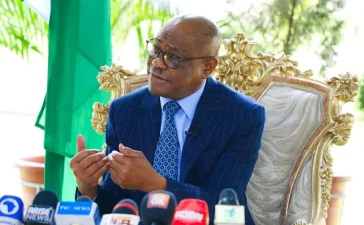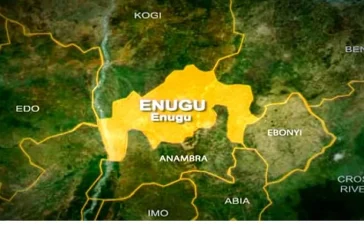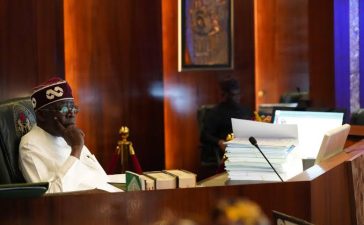Despite decades of advocacy and historical contributions to nation-building, Nigerian women remain vastly underrepresented in political leadership. As of 2025, no woman has ever been elected governor in Nigeria, and women make up just 7% of elected officials — a figure that continues to fall, even as calls for reform grow louder.
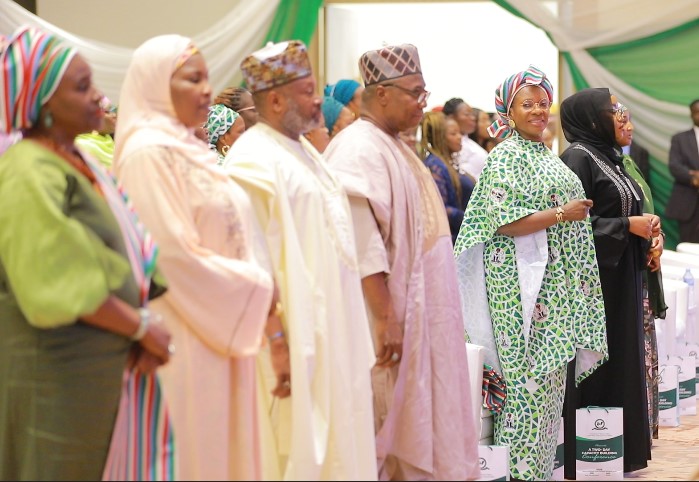
The recently concluded conference on “Breaking Barriers and Shaping Positive Attitudes for Inclusive Politics in Nigeria” organized by the Inter Party Advisory Council (IPAC) and the National Institute for Policy and Strategic Studies (NIPSS) has brought renewed attention to the glaring gender gap in Nigeria’s political system.
“IPAC stands for inclusivity in politics. We must break the awkward barriers that have no place in a modern, technology-driven society,” declared Dr. Yusuf Mamman Dantalle, IPAC’s National Chairman, during the event in Abuja.
A Grim Picture
Nigeria’s ranking on the global gender equality scale is bleak. According to the Inter-Parliamentary Union and UN Women, Nigeria ranks 181 out of 193 countries in terms of women’s representation in parliament. Despite comprising nearly 50% of the national population and over 6 million of the newly registered voters ahead of the 2023 elections, women are still marginalized from key decision-making spaces.
“This persistent gender gap is not just a democratic deficit; it is a national loss,” a gender rights advocate in Lagos stated. “Women have consistently shown capacity, yet face barriers simply because of a patriarchal system that does not prioritize inclusion.”
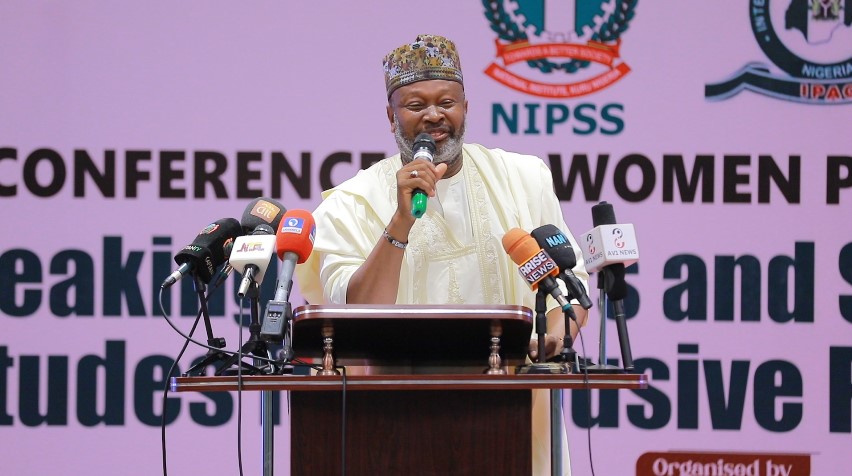
The statistics are sobering:
In 2003, only 6.7% of House of Representatives members and 2.7% of Senators were women.
In 2019, women made up 12.18% of Senate candidates but won only 3.02% of seats.
As of the current cycle, only 8.4% of senatorial aspirants and 9.2% of House of Representatives candidates are women.
Progress, But Not Enough
The conference highlighted IPAC’s efforts in driving inclusivity, including the establishment of three Directorates for Women, Youth, and People with Disabilities, as well as electing three women into its national leadership — a first in IPAC’s history.
“We are leading by example,” said Dr. Dantalle. “The election of Mrs. Chinyere Oge-Kalu, Hon. Maryam Bagel, and Hajiya Zainab Ibrahim into key positions within IPAC is a major step forward.”
NIPSS was also praised for its role in ethical leadership and training political stakeholders. The institute has played a key part in building capacity through behavioral change workshops and other interventions to promote clean and inclusive politics.
Calls for Legal Reform
A major highlight of the conference was the renewed push for the passage of the Special Seats for Women Bill, which seeks to reserve 74 legislative seats for women in the National Assembly.
“This bill is anchored on the fundamental principle of equitable representation,” said Dr. Dantalle. “We must create real opportunities for women to contribute meaningfully to national development.”
He also called on the National Assembly to pass the Electoral Offences Commission bill and to consider a single-day general election to reduce logistical challenges and costs, enhance voter enthusiasm, and encourage more female participation.
The Road Ahead
Though the journey is long and the hurdles high, Nigerian women are not backing down. Advocacy groups, civil society organizations, and political stakeholders are continuing to fight for gender-responsive reforms and broader representation.
“Power is not given; it is taken,” Dr. Dantalle said passionately. “Nigerian women must rise, join political parties, contest for offices, and claim their rightful place in leadership.”
As the country gears up for future elections, the hope remains that persistent advocacy, institutional reform, and collective will can finally deliver the gender-inclusive democracy Nigeria needs.

